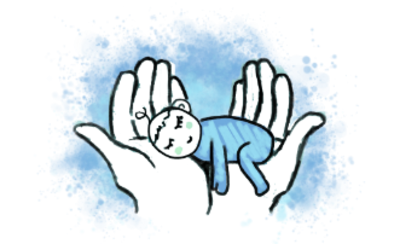Treatment options

There are many different treatment options for infertility, depending on the individual causes. These include hormone therapies to support the cycle, surgical procedures for conditions such as endometriosis or blocked fallopian tubes, and modern methods of assisted reproduction such as insemination, IVF, or ICSI. In addition, lifestyle changes such as a balanced diet, quitting smoking, or reducing stress can also improve the chances of success.
At the Dr. Loimer Fertility Institute, we use state-of-the-art procedures and individually tailored concepts to offer couples the best possible support on their journey to fulfilling their dream of having children.

